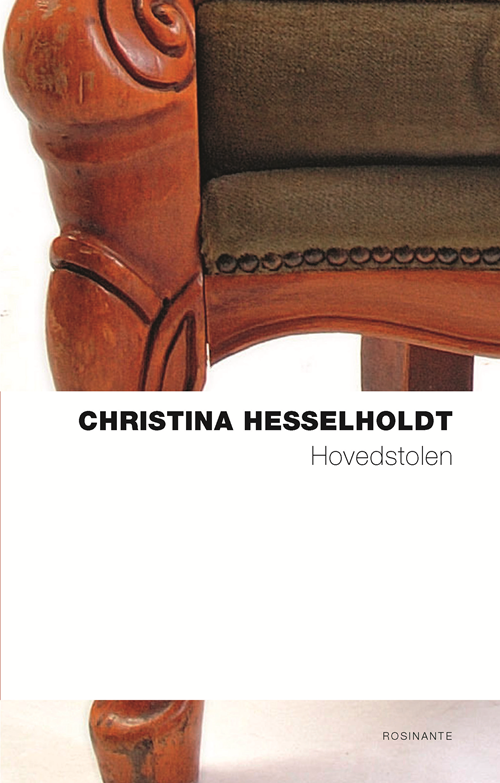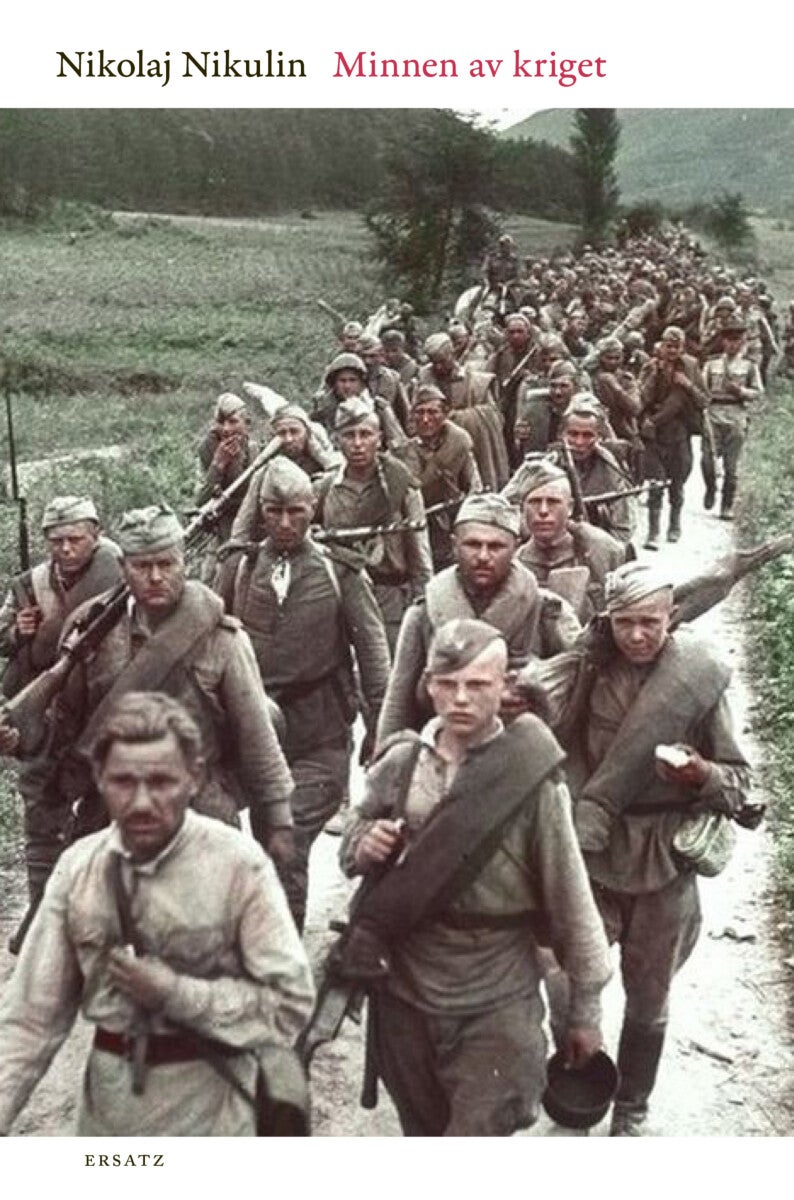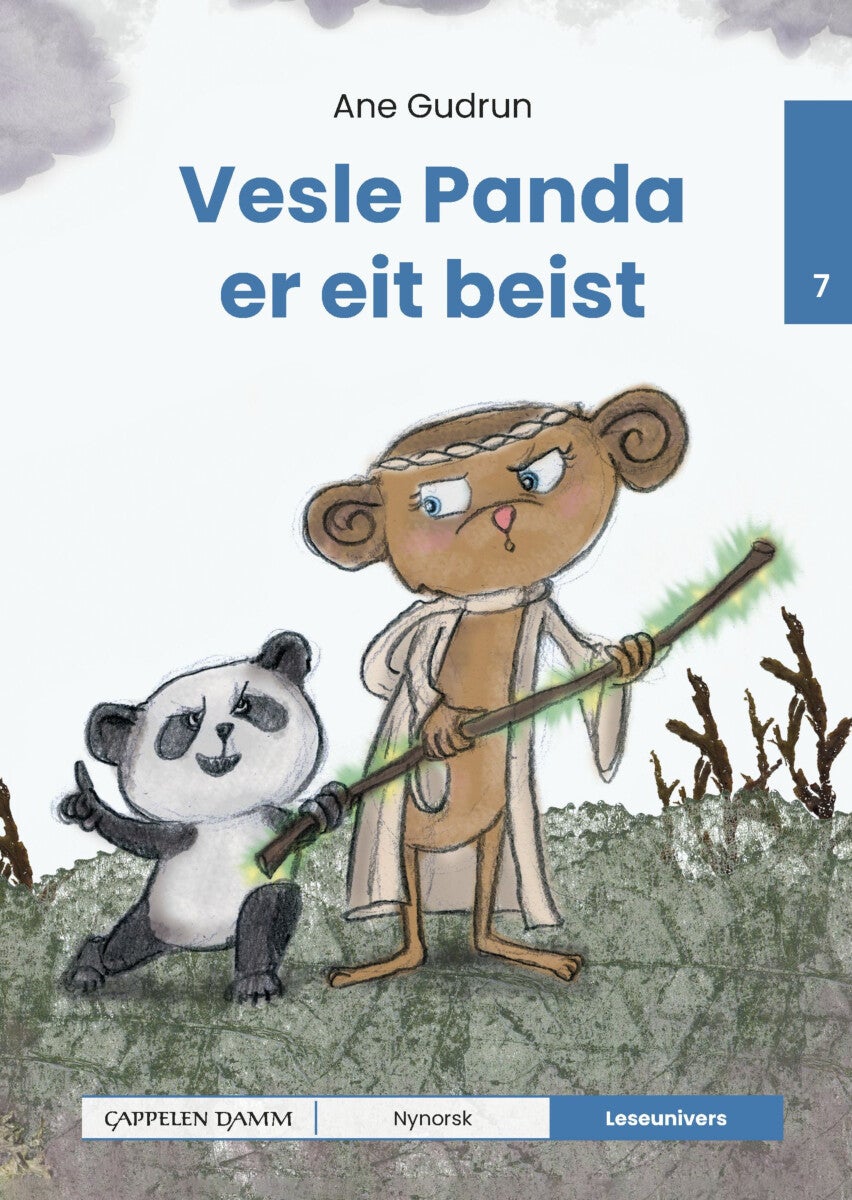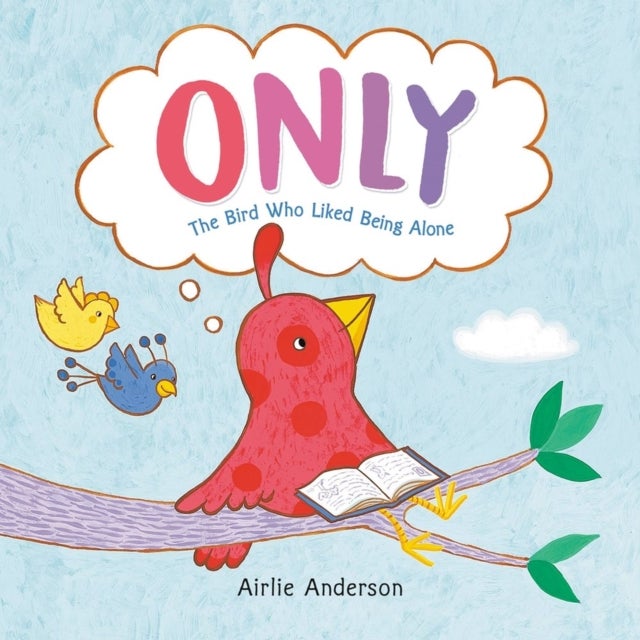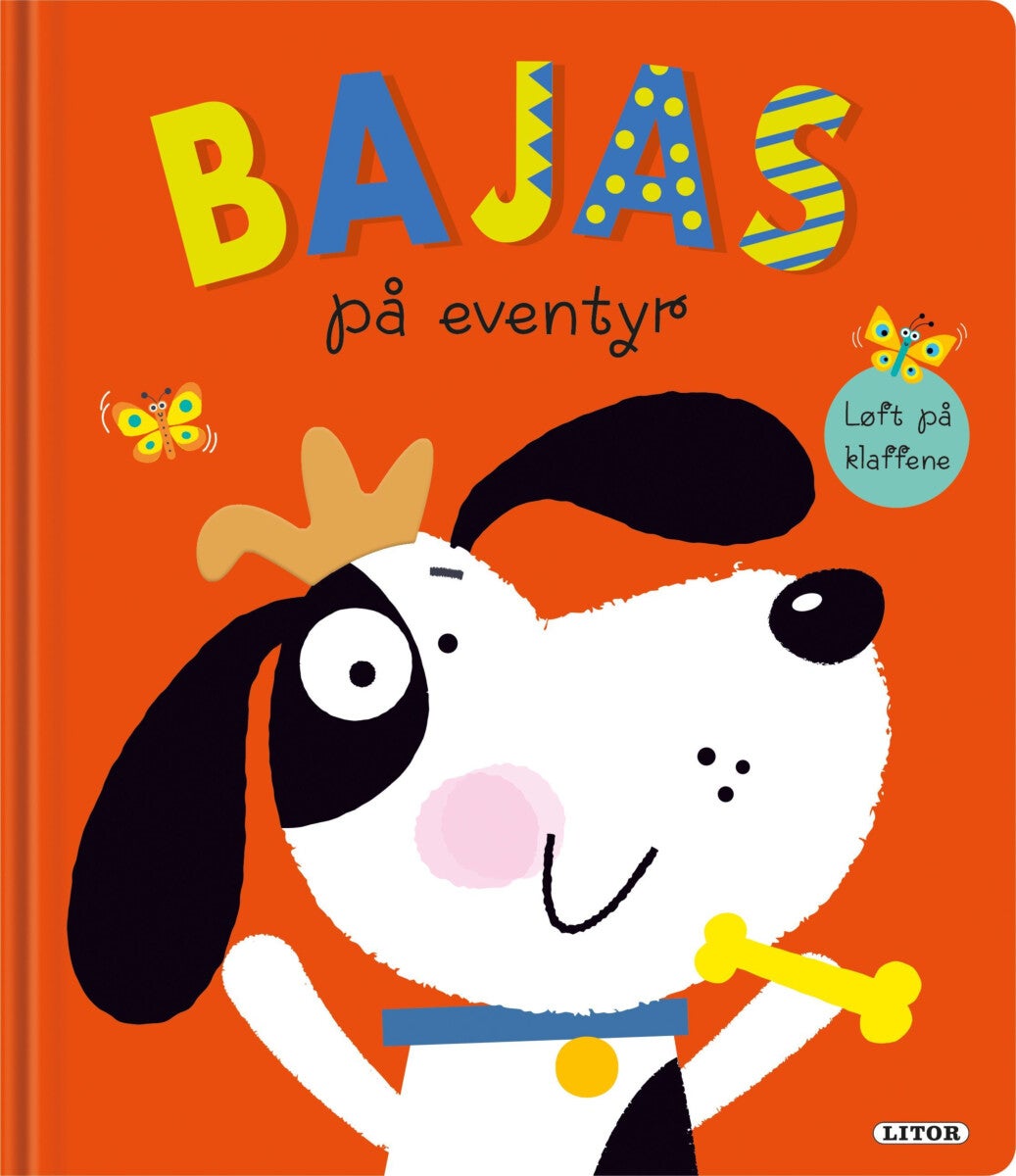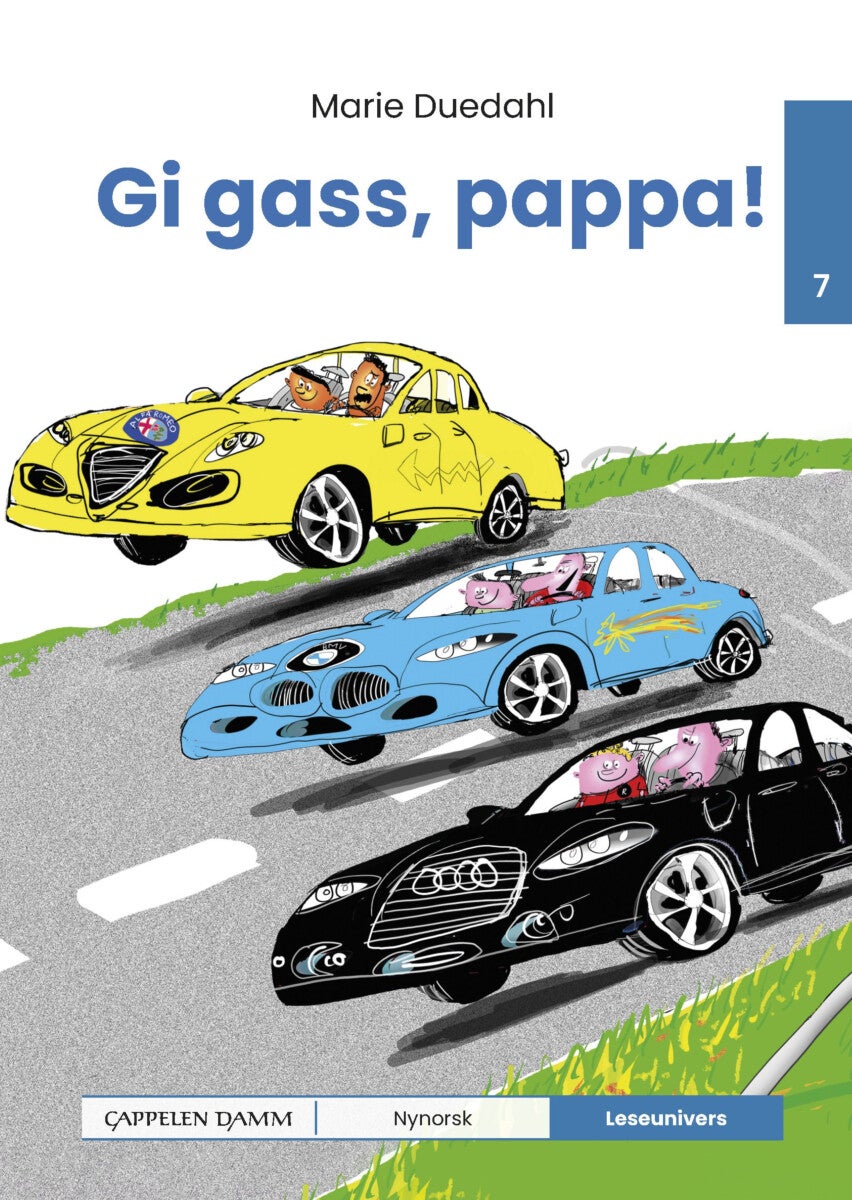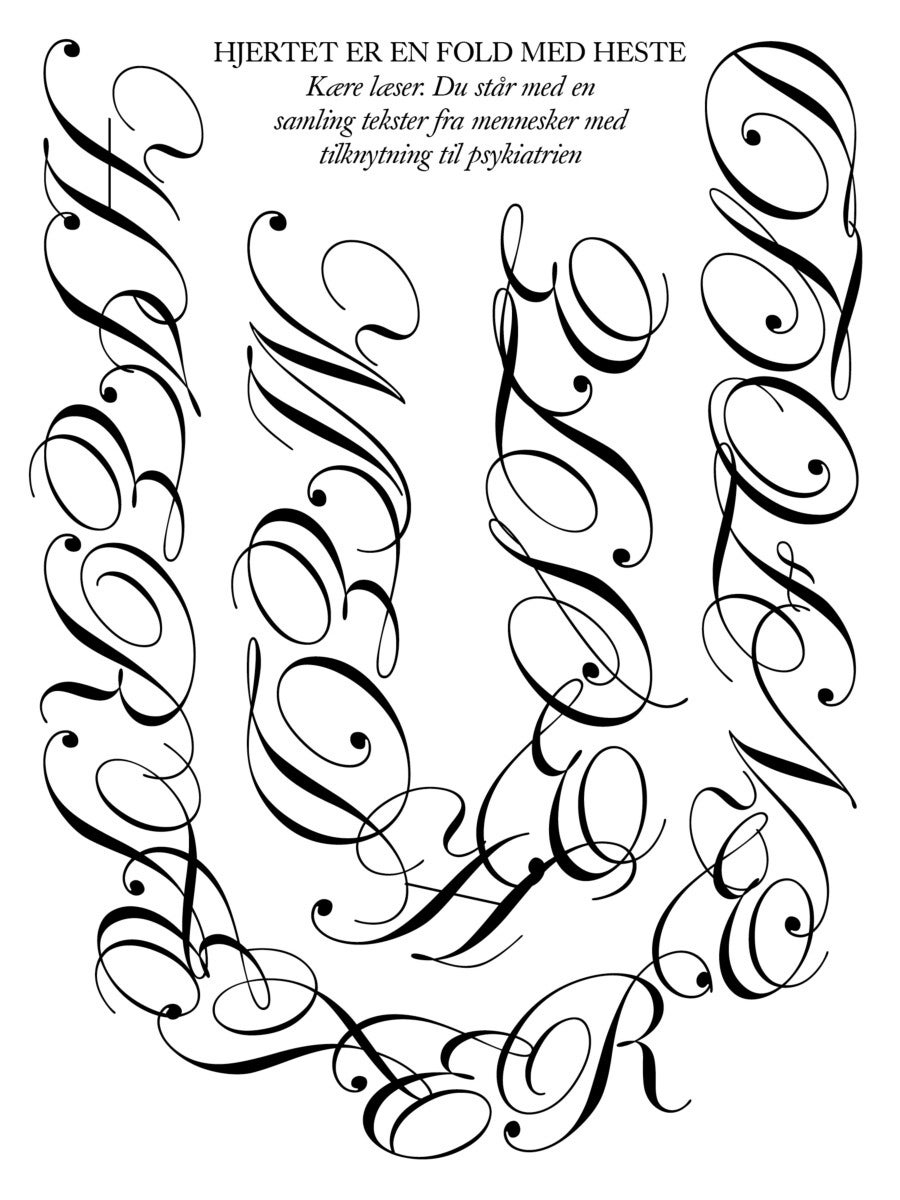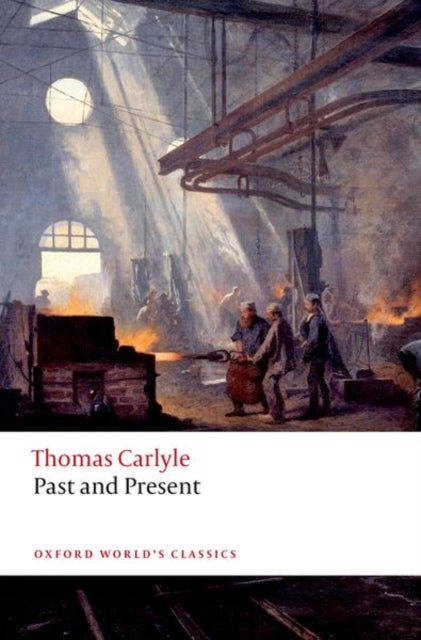
Past and Present av Thomas Carlyle
129,-
Thomas Carlyle''s Past and Present (1843) was a prophetic warning of impending disaster for mid-Victorian Britain that was delivered in what the author described as a ''miraculous thunder-voice, from out of the centre of the world.'' The impact of Carlyle''s social criticism was immediate and profound, shaping debate about the ''The Condition of England'' question well into the twentieth century and beyond, and serving as the moral foundation of the welfare state. His relentlessly abrasive and illuminating critique of industrial civilization generated a vast range of response both in England, Europe, and the United States. The writings of Matthew Arnold, John Stuart Mill, William Morris, John Henry Newman, and John Ruskin, as well as Henry David Thoreau, Ralph Waldo Emerson, and Walt Whitman, were saturated with imagery and ideas directly indebted to the book. Past and Present also provided novelists and poets with an enduring vision of the ubiquitous rot that lay at the heart of ''lai

